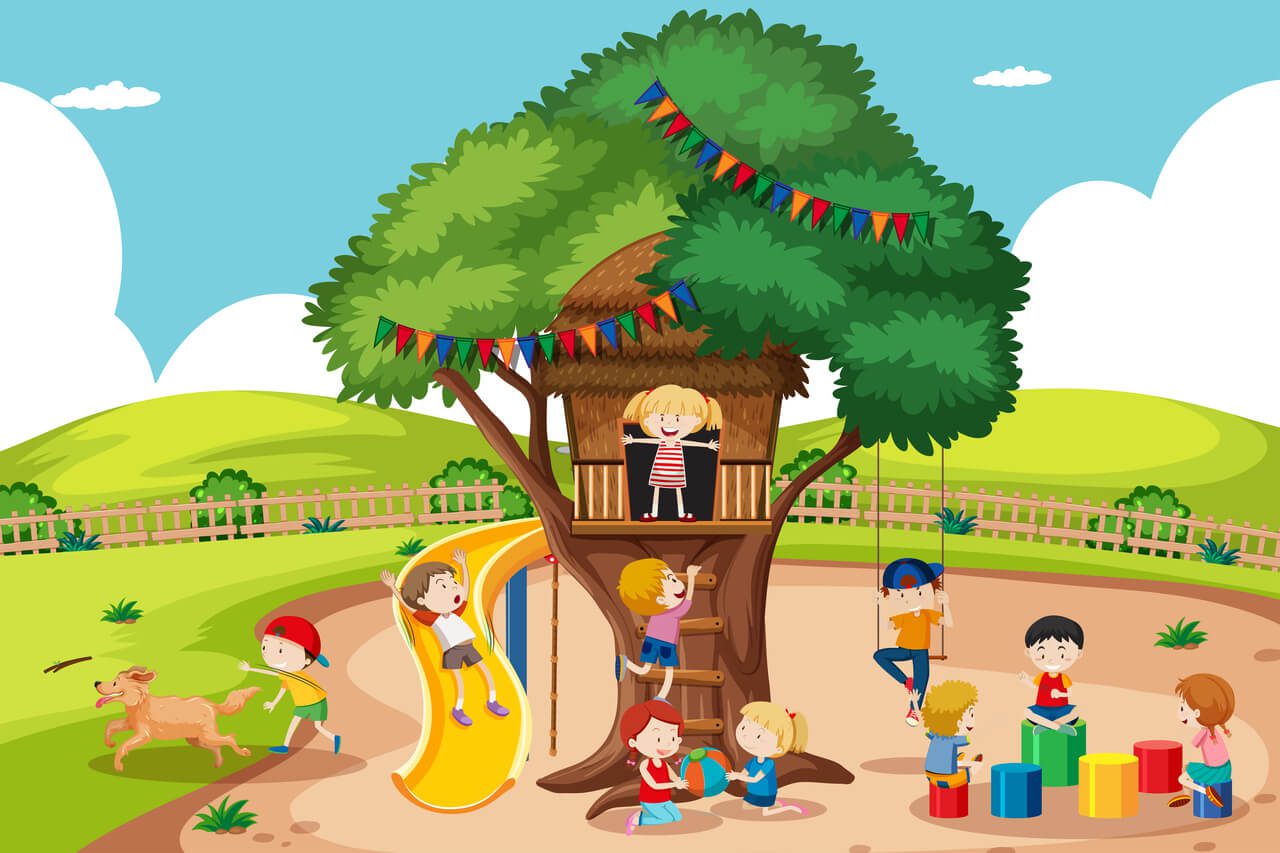Sow the seeds of social skills in your children today!

Learning social skills is an important aspect of child development. Children should be open to making new friends, opening up to people, communicating their thoughts readily, feeling at ease in public settings, confident on stage, and socializing. Kids with strong social skills can engage pleasantly with others and easily express their needs, wants, and emotions. Strong social skills also have advantages that go well beyond just fostering friendliness and gaining acceptance.
As children grow, their social skills must be refined continually. They are not characteristics that a child either has or lacks. With practice and effort, one can learn and improve these abilities, which continue to develop with age.
Children who are outgoing and socially active perform better in school and can communicate better, according to studies.
Children can benefit greatly from learning social skills. As their minds are constantly engaged and inquisitive, they are linked to greater academic performance and better peer connections. It also helps children in learning new things faster.
Developing social skills in your child at a young age can lead to a variety of behavioral benefits, including-
- Better social skills will lead to a brighter future
Children with strong social skills can also look forward to a positive future. A study that appeared in the American Journal of Public Health suggests that a kindergartener’s social and emotional abilities are perhaps the best marker of success as a grownup.
2) Stronger Friendships
Making friends is probably easier for children who are socially adept and get along with their classmates. Childhood friendships, according to research, are beneficial to children’s mental health. Friendships also provide opportunities for kids to practice more sophisticated social skills such as problem-solving and conflict resolution.
3) Less anxiousness and stress
Children who lack social skills frequently experience anxiety and a lack of confidence in public places. Not being able to interact with people undoubtedly adds to the stress. For instance, children encounter stress when they are away from their families. It only gets worse when they are unable to interact with people properly.
4) Better Listeners
Children who are socially engaged and interact with others become better listeners. Healthy communication also requires active listening. A child’s capacity to listen to what the teacher is saying affects a lot of what they learn in school. The process of developing empathy involves listening as well.
5) Develop Cooperating nature
Cooperating means coming together to work toward a shared goal. Children who connect with those around them learn to have better relationships with people, which makes them more cooperative. Children who collaborate are courteous when others make requests. Also, they participate, give back, and help. To successfully get along in a community, one needs good cooperation skills.
We help kids excel socially!
We at Podar Jumbo Kids Tamil Nadu organize engaging activities for kids and cultivate a learning environment that allows them to interact, communicate & participate with other kids and teachers. This is how we really encourage & help kids to develop their social skills.
If your child appears to be struggling with social skills more than other children, don’t panic, it is not something your child is born with. Don’t push them, they will pick up at their own pace but ensure that they do engage socially and grow into confident leaders of tomorrow.
